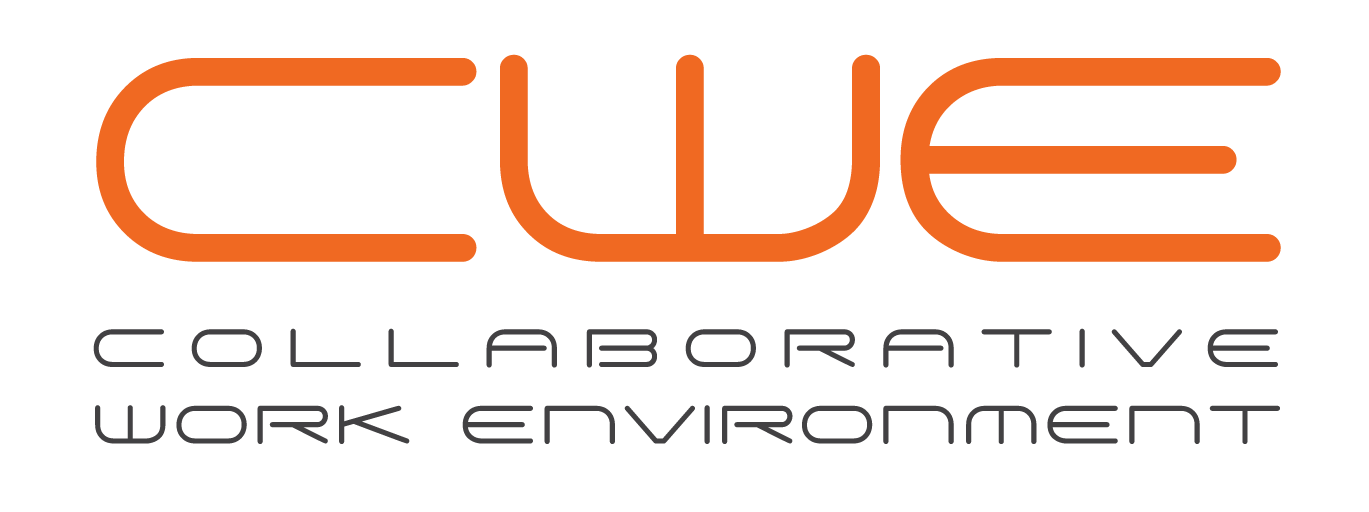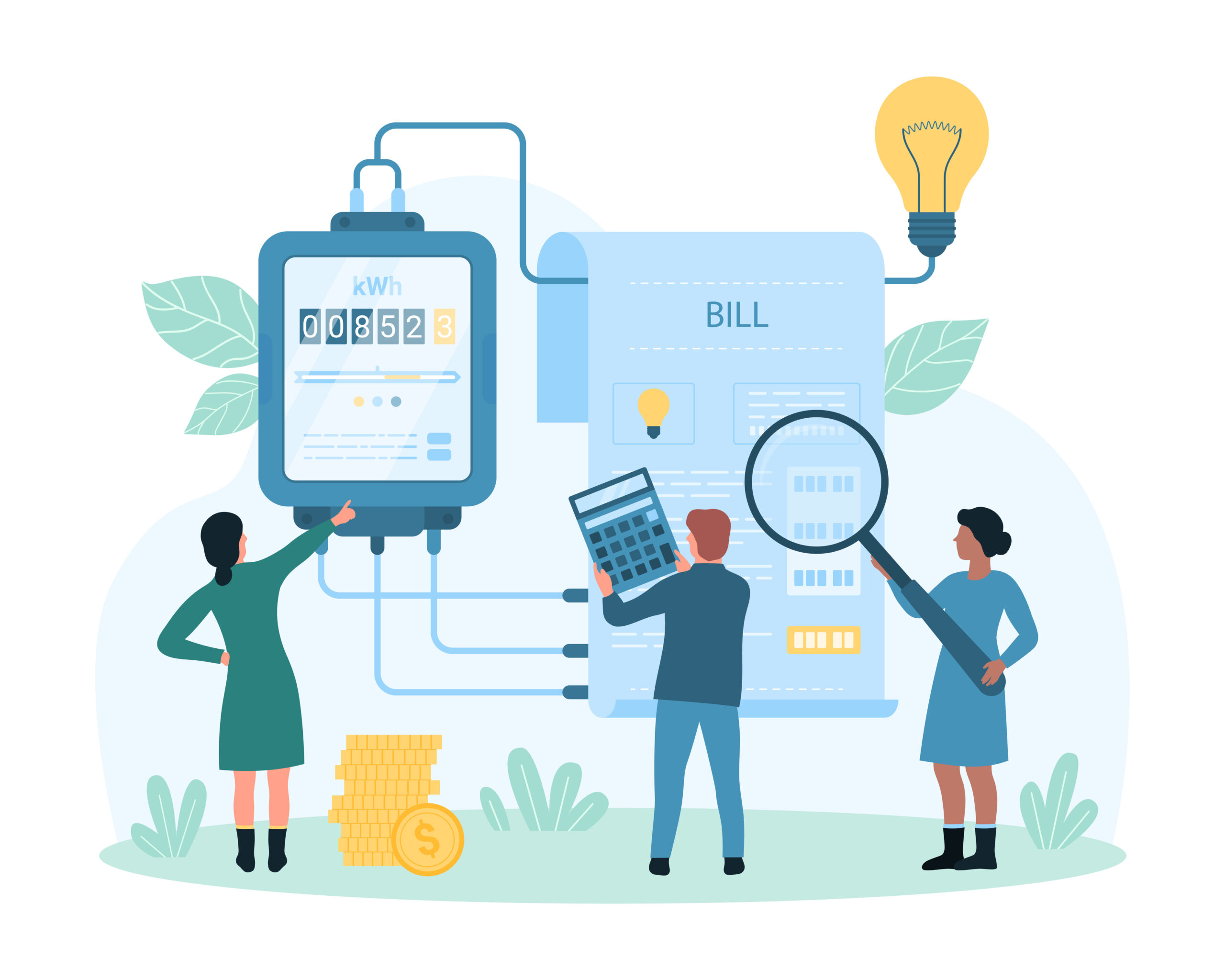Economic downturns, such as recessions or financial crises, can pose significant challenges to businesses and households alike. During these tough times, one area that often requires careful management is utility costs. Utilities, including electricity, water, gas, and telecommunications, are essential for daily operations and well-being. Here, we’ll explore strategies for effectively managing utility costs during economic downturns.
Understand Your Utility Costs
Before you can manage your utility costs, it’s essential to have a clear understanding of where your money is going. This means assessing your utility bills and identifying areas where you can make changes. Start by:
- Reviewing Bills: Carefully examine your utility bills to understand your consumption patterns and pricing structures. Look for any irregularities or unexpected increases.
- Benchmarking: Compare your utility consumption and costs to industry benchmarks or previous years’ data to identify trends and variations.
- Identifying Energy-Intensive Areas: Identify areas within your business or home that consume the most energy or utilities. This might be your manufacturing process, HVAC systems, or lighting.
Implement Energy Efficiency Measures
Energy efficiency is a key strategy for reducing utility costs. It involves making changes and improvements that minimize energy and resource consumption. Here’s how to go about it:
- Upgrade Equipment: Invest in energy-efficient appliances, lighting, and machinery that can significantly reduce consumption and lower utility bills in the long run.
- Regular Maintenance: Ensure that equipment and systems are well-maintained, as well-maintained appliances run more efficiently and use less energy.
- Programmable Thermostats: In homes and businesses, programmable thermostats can help optimize heating and cooling systems, reducing utility costs.
- Insulation: Proper insulation in homes and businesses can reduce the need for excessive heating or cooling, making spaces more energy efficient.
- Natural Lighting: Use natural lighting where possible, reducing the need for artificial lighting during daylight hours.
- Employee Training: In a business setting, educate employees about the importance of energy efficiency and how their actions can contribute to cost savings.
Negotiate with Service Providers
During an economic downturn, many utility providers understand the financial challenges customers face and may be open to negotiations. Consider the following:
- Renegotiate Contracts: Reach out to your utility providers to explore options for more favorable pricing or contract terms. They might be willing to offer discounts or flexible payment plans.
- Leverage Competition: In areas with multiple utility service providers, competition can work in your favor. Explore different providers and compare prices to ensure you’re getting the best deal.
- Demand Response Programs: Some utilities offer demand response programs that provide incentives for reducing energy consumption during peak times. Participating in such programs can lead to cost savings.
Monitor and Analyze Consumption
Tracking your utility consumption is crucial for cost management. Utilize technology and data analysis to stay on top of your usage:
- Smart Meters: Invest in smart meters or use monitoring systems to track real-time utility consumption. This can help you identify unusual spikes and act promptly.
- Energy Management Software: Employ energy management software that provides insights into energy consumption patterns and allows for adjustments based on data.
- Set Consumption Targets: Establish targets for utility consumption reduction and monitor progress toward these goals regularly.
Encourage Conservation
Promoting a culture of conservation among employees, family members, or tenants can lead to substantial utility savings:
- Education: Provide information and resources on energy conservation practices to everyone involved. Encourage turning off lights, unplugging devices, and other simple habits.
- Incentives: Consider offering incentives or rewards for individuals or teams who make the most significant contributions to energy and water conservation.
Conclusion
Managing utility costs during economic downturns is a critical aspect of financial resilience. By understanding your costs, implementing energy-efficient measures, negotiating with service providers, monitoring consumption, and promoting a culture of conservation, you can effectively reduce your utility expenses. These efforts not only save money but also contribute to environmental sustainability, making them a win-win for businesses and households alike.
At CWE we can work with you to take the steps noted above, as well as offer historical and ongoing utility invoice collection, data processing and bill consolidation. CWE’s UBA program is flexible, powerful and will seamlessly integrate with your existing utilities, energy suppliers and facility products and vendor applications. Its execution will save you time and allow you to redirect much needed capital. Let us walk you through a demo of our UBA program and see what a partnership with CWE can do for your organization.



Comments are closed